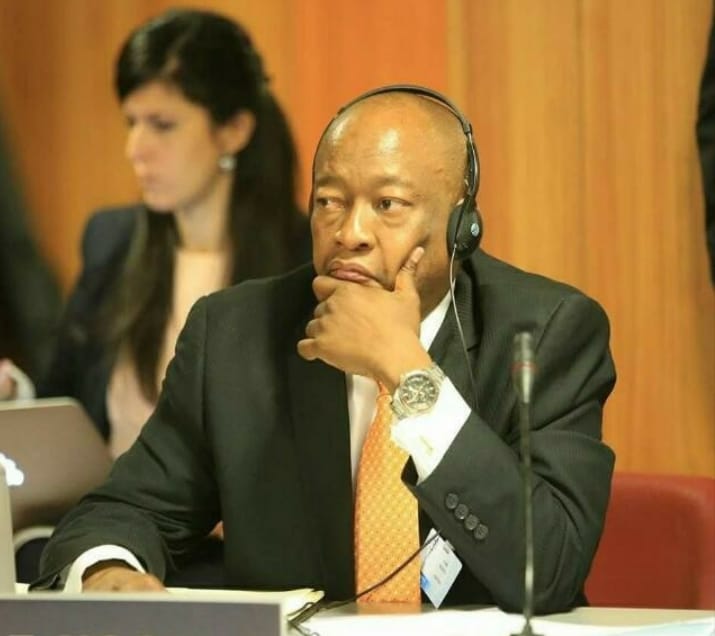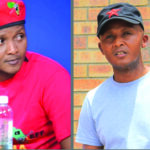The commotion brought about by the political party brouhaha as the general elections approach each edition thereof, is often cause for a number of unusual happenstances some of which even gravitate towards lawlessness and immoral activity.
Each edition has its own dramas and in the 2022 elections among the many dramas there have been is one on the legality of the ongoing political party campaigning initiatives.
As the date for the general elections slated for Spring this year approaches, legal provisions governing elections are at the risk of being flouted as a result of the elections excitement.
According to the National Assembly Electoral Act of 2011 section 60 (3), a political party registered with the commission may only campaign in public as soon as it is practicable after the proclamation has been made and after the Director has through a gazette, published a copy of the proclamation and an elections timetable.
“A political party registered with the Commission may only campaign in public from the day on which the notice contemplated in section 37 (3) or 38 (4) is published and until 24 hours before voting begins on the elections day.â€
Section 37 (3) states that “as soon as it is practicable after the proclamation has been made under subsection (1), the director shall by notice in the gazette, publish a copy of the proclamation and an elections timetable in accordance with form 3 in schedule 1 and the provisions of this actâ€
The feeling is held by a former parastatal administrator Futho Hoohlo, who has since left his position as Chief Executive Officer of the Water and Sewage Company and turned politician joining newly-formed Empowerment Movement for Basotho (EMB) and become its Secretary General.
In an interview with Newsday yesterday, Hoohlo said that is basically illegal what has seen being going on in the country as the time for elections approaches in line with legal provisions.
He said the National Assembly Electoral Act of 2011 clearly states when political parties can start campaigning saying “…they are only allowed by the National Assembly Electoral Act of 2011 to publicly campaign for elections once the Proclamation of Elections by the Director of Elections through a Government Gazzette has been published and the elections period (3 months) declared through the proclamation.
However, holding a different view while referring to the same piece of legislation, IEC’s Public Relations Manager Tuoe Hantši, told this publication that the National Assembly Act of 2011 section 60 (3) has been interpreted wrongly.
He said what political parties do now before the elections period has been declared has nothing to do with what the law says adding that it is only after the declaration that political parties are expected to all be seen campaigning is preparation for elections.
Now while the two entities may understandably hold differing views on the subject, it would be for the benefit of the electorate to know exactly which is right to do. And it is the electorate who are the main stakeholder of an election.
So, who is fooling who?
Summary
- According to the National Assembly Electoral Act of 2011 section 60 (3), a political party registered with the commission may only campaign in public as soon as it is practicable after the proclamation has been made and after the Director has through a gazette, published a copy of the proclamation and an elections timetable.
- Section 37 (3) states that “as soon as it is practicable after the proclamation has been made under subsection (1), the director shall by notice in the gazette, publish a copy of the proclamation and an elections timetable in accordance with form 3 in schedule 1 and the provisions of this actâ€.
- He said the National Assembly Electoral Act of 2011 clearly states when political parties can start campaigning saying “…they are only allowed by the National Assembly Electoral Act of 2011 to publicly campaign for elections once the Proclamation of Elections by the Director of Elections through a Government Gazzette has been published and the elections period (3 months) declared through the proclamation.

Your Trusted Source for News and Insights in Lesotho!
At Newsday Media, we are passionate about delivering accurate, timely, and engaging news and multimedia content to our diverse audience. Founded with the vision of revolutionizing the media landscape in Lesotho, we have grown into a leading hybrid media company that blends traditional journalism with innovative digital platforms.






